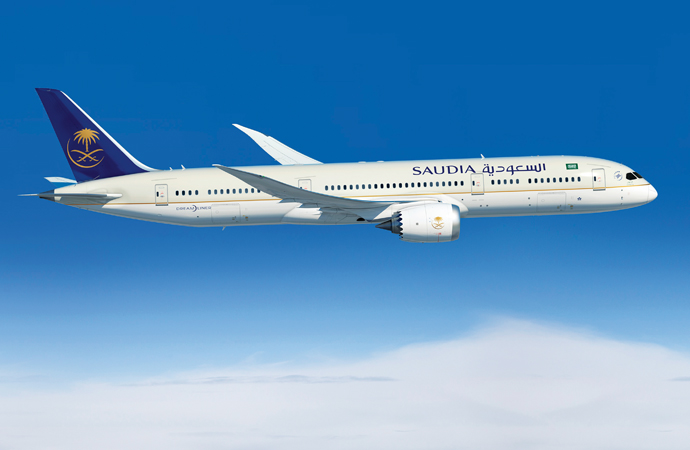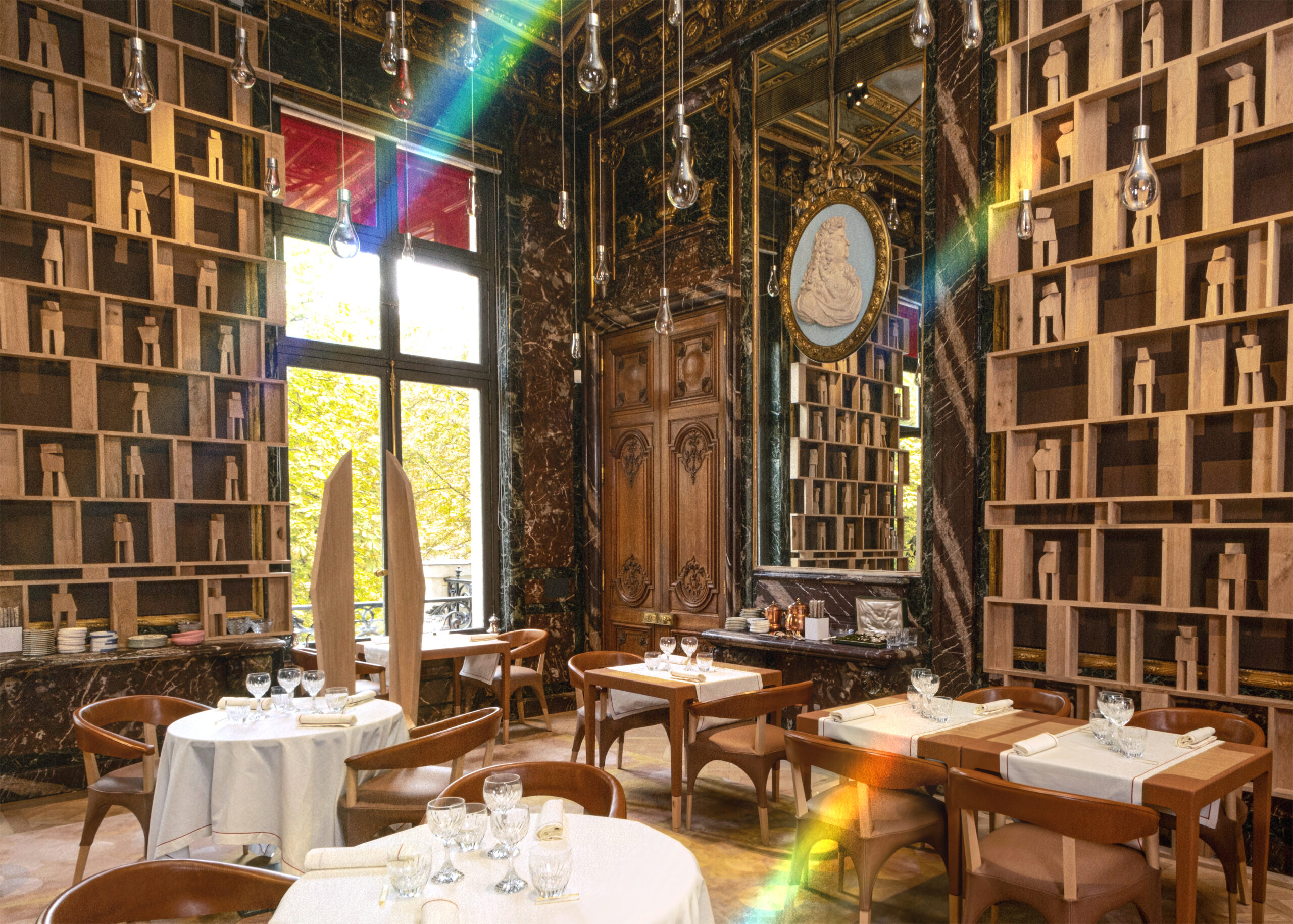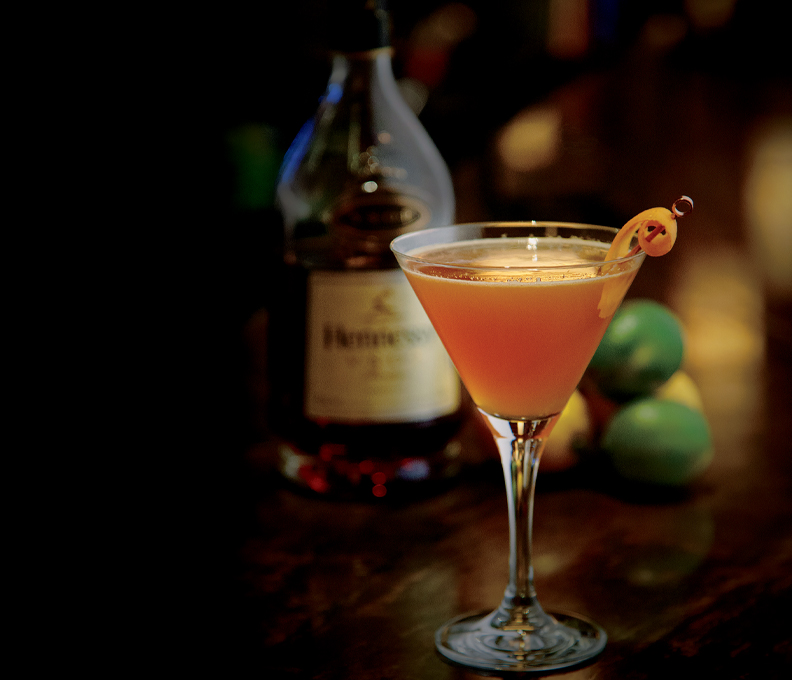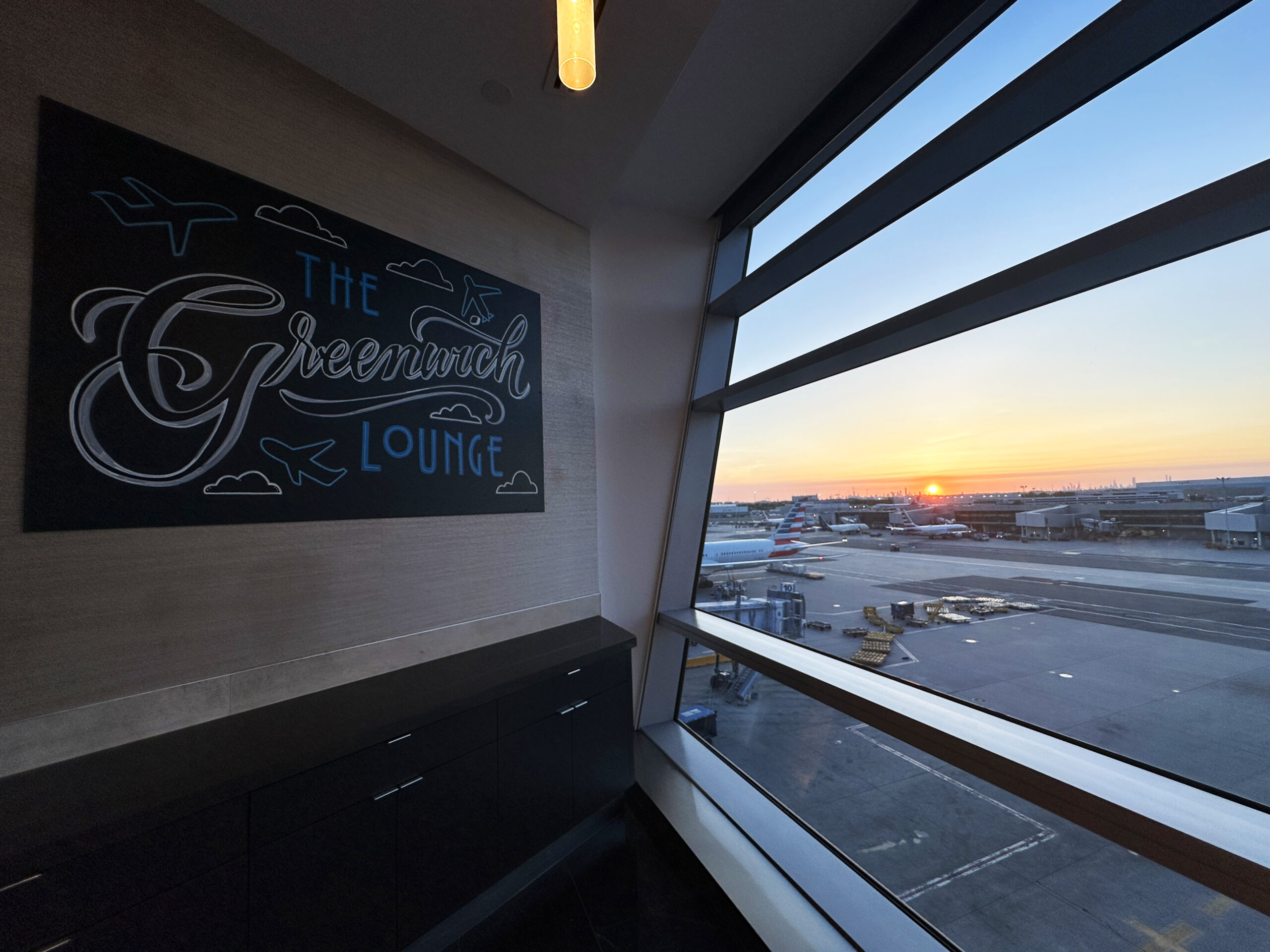What Is It Like to Fly Saudia Airlines?
How does the airline's revamped Business Class experience measure up?
April 6, 2023

Photo: Saudia Business Class cabin / Courtesy of Saudia Airlines
After Saudi Arabia opened its borders to foreign tourists in 2019, the country launched a massive campaign to revamp the passenger experience at its main airports and flag carrier Saudia Airlines. A world-class terminal now pampers passengers at King Abdulaziz International Airport (JED) in Jeddah. And in November, the government announced the construction of an entirely new aerial gateway in Riyadh.
Saudia refreshed its fleet by acquiring a large number of Boeing 787-9 and -10 Dreamliners featuring a new Business Class product and an enhanced onboard service and in-flight entertainment. The Dreamliners are used chiefly on long-haul services to West Africa and East Asia and on a few medium-haul flights to some American and European destinations, including Milan.

Saudia Airlines 787-9 Dreamliner / Photo: Courtesy of Boeing Commercial Airlines
So, visiting a friend who lives in Jeddah became the perfect occasion to try the top-notch product of the Kingdom’s airline. To avoid spending a fortune for a relatively short trip, I booked a ticket in economy class on my way to Saudi Arabia and upgraded to Business Class on the leg back to Europe.
Upon making my reservation, I discovered that my flight would be operated by one of the carrier’s Boeing 787-9s. The aircraft features a 24-seat Business Class cabin arranged in a 1-2-1 cross-section—a considerable step forward in privacy and comfort compared with what passengers experience on the carrier’s 777s, which feature older seats and an outdated 2-2-2 configuration. The airline operates the 777 product on its USA network, which includes New York, Washington and Los Angeles.
For my return flight to Italy, I arrived at King Abdulaziz Airport Terminal 1 two hours before departure. At JED, Saudia’s premium passengers check in inside an exclusive hall. After that, they proceed through dedicated passport and security facilities into the main departure hall. Alfursan Lounge, situated one floor up, is luxuriously decorated and offers ample, comfortable seating. Unfortunately, the beverage offering doesn’t include alcoholic drinks, which are against the law in Saudi Arabia. But overall, the lounge is a lovely place to relax before departure.
Boarding and Cabin
Priority boarding allowed me to reach my window seat in seconds. The 1-2-1 layout instilled a sense of exclusivity and peace, as did the elegant sand-toned palette of the cabin. A light-blue blanket and pillow were on the seat, with noise-insulating headphones, a food menu and bottle of water on a shelf.
The flight attendants started the cabin service with a welcome drink of fruit juice or water, as the dry policy adopted by Saudi Arabia extends to its airline. Afterward, Arabian coffee and dates were distributed, along with unbranded amenity kits: below-par small sachets containing socks, earplugs, eye masks, toothbrushes and paste. During pushback, a Muslim prayer was broadcast on the public announcement system, a not so infrequent custom on North African and Middle Eastern airlines.
The Flight
The captain announced a five-hour and 35-minute flight to Milan. After takeoff, we flew over the fantastic coral reefs along the eastern shores of the Red Sea, the Sinai Peninsula and the southern Mediterranean Sea, where we encountered a lot of turbulence. However, the bumps finally ended over Greece, giving way to a smooth ride as we crossed the Italian Peninsula bound for Milan Malpensa Airport.
Meal Service
Surprisingly, for a late-morning flight, the food menu displayed a choice of three types of breakfast, including a traditional, banquet-style option, a contemporary Arabic offering and a modern European breakfast. I set myself in brunch mode and went with the latter, which consisted of a platter of mixed fruit followed by scrambled eggs and a zucchini, salmon and asparagus fritter with vine cherry tomato and sour cream. As for the drinks, I opted for orange juice and a bottle of Perrier.
Saudia has an onboard cook in Business Class, and my eggs, clearly prepared on the spot, were the best I’d ever had on a plane. However, while the taste and presentation of the food were excellent, the serving was very modest.
Onboard service was so slow that my breakfast arrived at my seat two hours after the flight attendant had taken my order. I rounded out my meal with an espresso coffee, as the menu provided no dessert. Still hungry, I asked if I could expect a second meal or snack before landing, and the answer was no. Overall, the dining experience was below my expectations regarding the variety and quantity of food—a far cry from the gastronomic feasts I enjoyed flying business class on other renowned Middle Eastern airlines.
The Seat
Saudia chose the Collins Aerospace Super Diamond seat for its Dreamliner fleet, a relatively common product across business cabins worldwide. Its best features are the abundant storage space and the almost infinite seating positions it allows. The in-flight entertainment system (IFE) was superb with its impressive library of more than 400 movies, plus television shorts and series, games, 3D moving maps, and music compilations.
The individual screen guaranteed an excellent resolution. The complementary Wi-Fi, accessible through a code Saudia customer service had emailed me the evening before, was merely symbolic, as complimentary connectivity was over after sending a video and a couple of WhatsApp messages.
Verdict
Saudia Business Class products are good but far from excellent. Apart from the IFE, nothing impressed me during the five hours I spent in the sky. But everything was alright, apart from the slow dining service. I missed the feeling of being pampered, which is the core of traveling in the up-front cabin.




